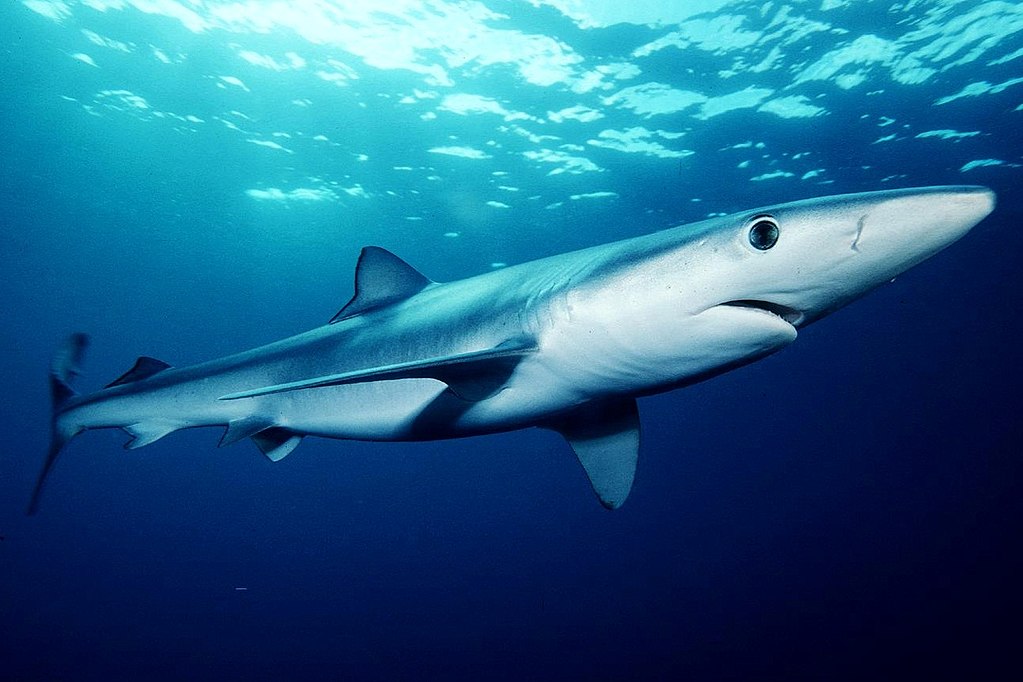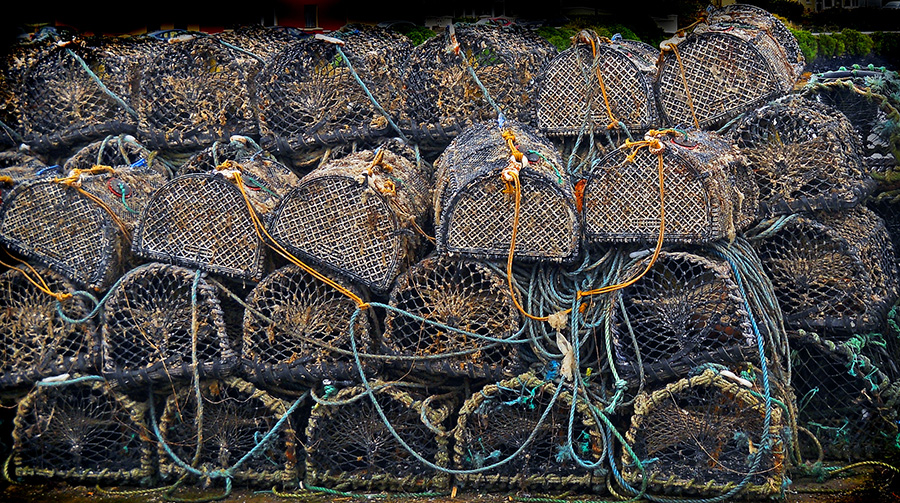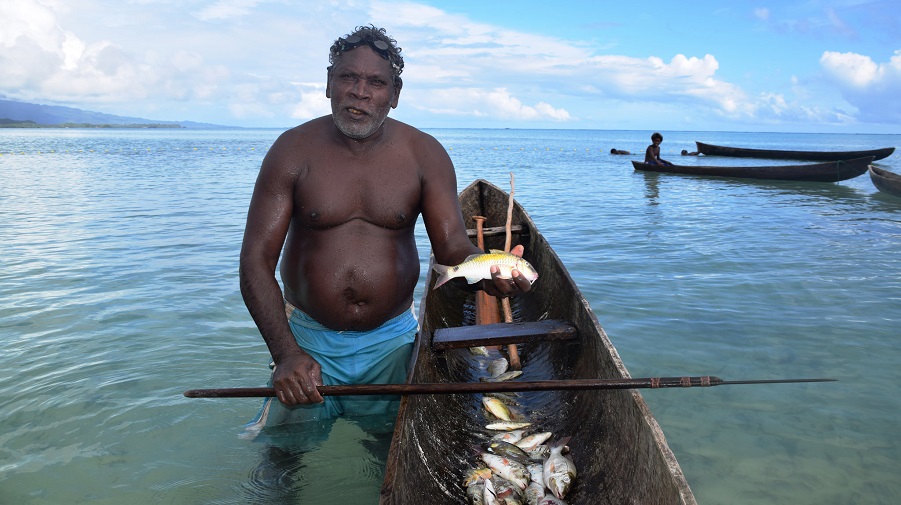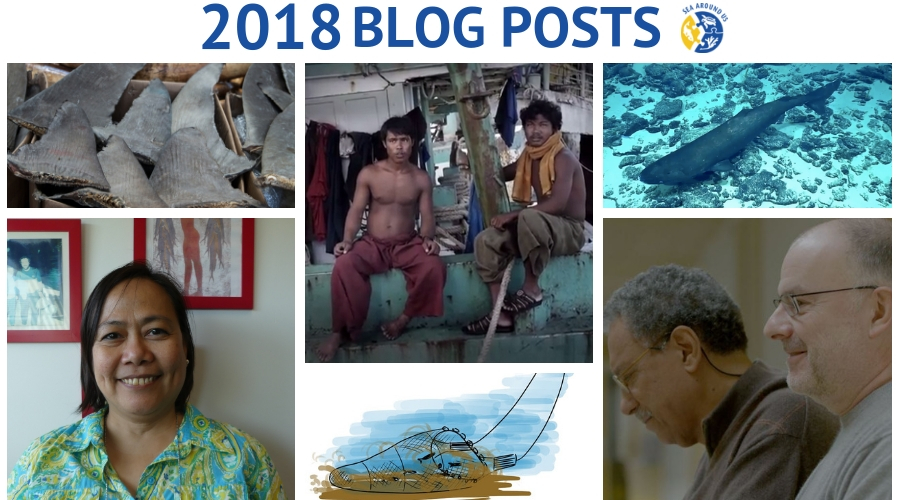Shark and ray species commonly caught in the Mediterranean and Black seas are not being reported in official statistics, new research from the Sea Around Us initiative at the University of British Columbia shows.
A new study published in Marine Policy reveals that 97 per cent of the sharks and rays caught and brought to market domestically by fleets from the European, North African and Middle Eastern countries that surround these seas are not reported by species.











